Prachanda’s instability
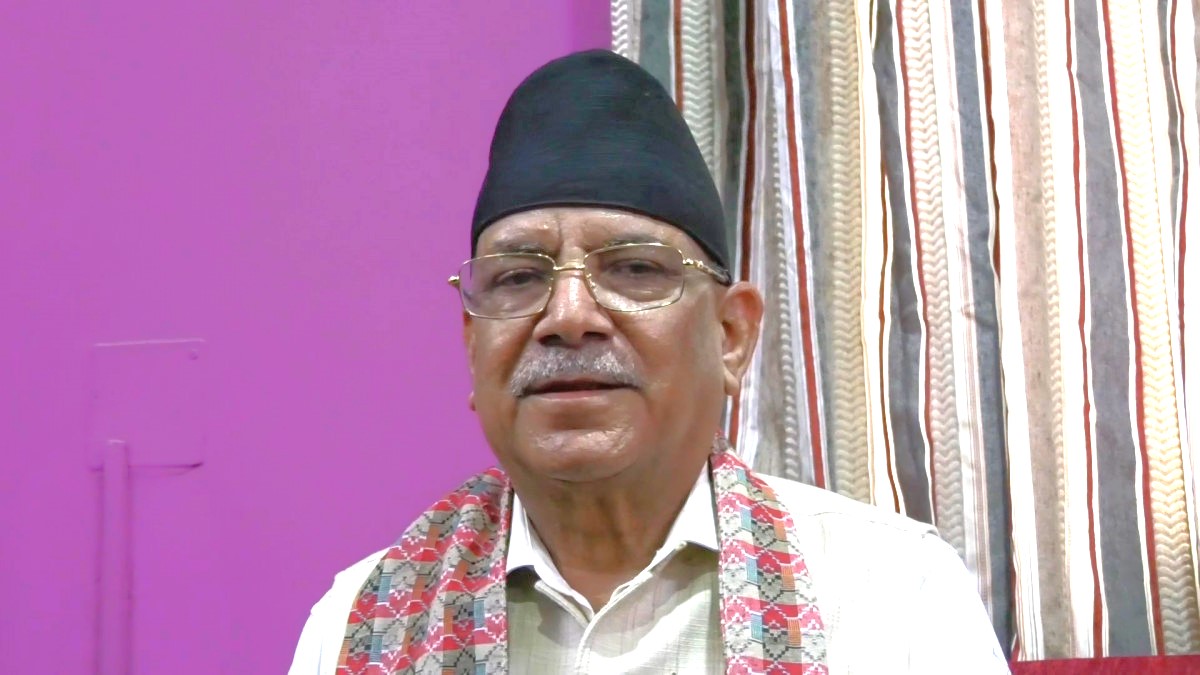
The main reason for the collapse of the Prachanda-led government is its instability. During his one and a half years of leadership, he changed alliances many times. This established him as an unreliable character. Prachanda himself publicly confirmed this by mentioning that “there will be upheaval in Nepali politics until he dies.”
In one year of cooperation with the Congress, he expressed dissatisfaction that the government’s activities were not satisfactory. However, even four months of cooperation with UML were not successful. UML President Oli himself criticized the budget brought by the government. Recently, the issue of selecting the chairman of the Securities Board has also caused a rift between Prachanda and Oli.
Despite this, Prachanda continued to assert that no one could remove him from power. He was seen as overconfident, believing he could stay in the government with the support of either UML or Congress. “We have a magic number, so no one would think that we can be removed easily,” he said publicly. However, people were growing frustrated with the government’s performance.
Frustrated, Deuba and Oli finally came together due to the instability of Prachanda and the tendency of the third party to play the first and second parties against each other. These were the reasons for Prachanda’s exit from power.
Amendment of the Constitution
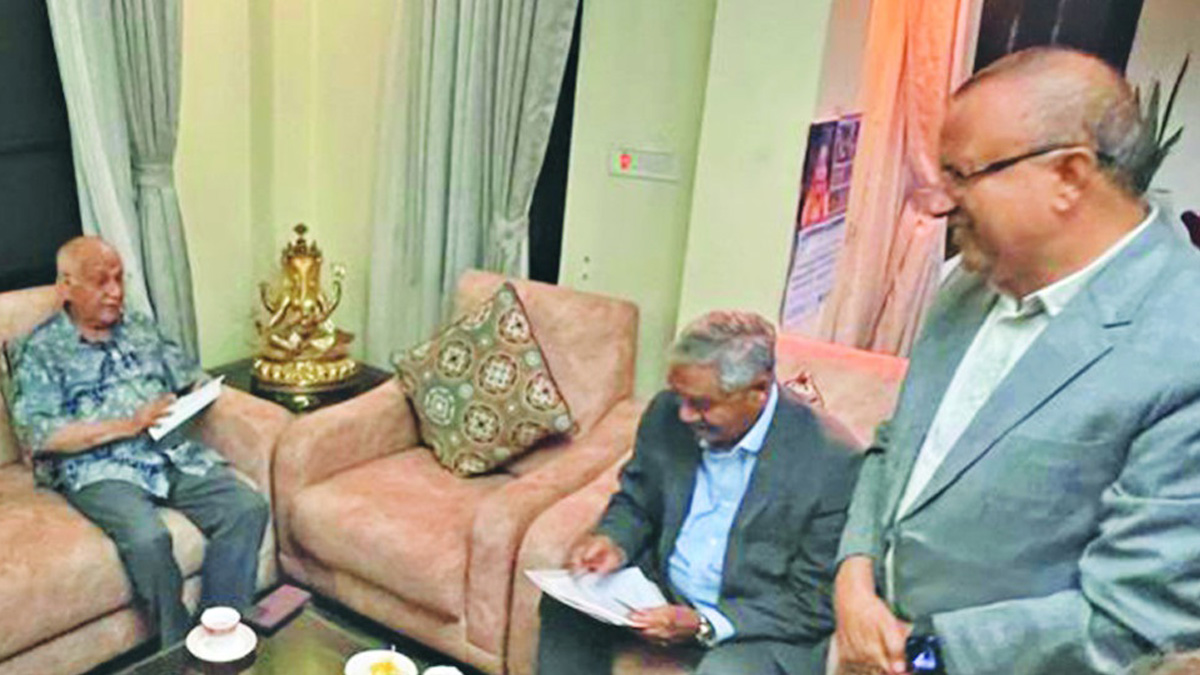
Even when the Congress or UML formed the government together with the Maoists, the support of the smaller parties was essential for the majority. That is why the bargaining of new and old small parties has been increasing. However, the blame for the government’s failure is borne by the big parties.
RSP led by Ravi Lamichhane, has not only emerged by blaming the old parties but has reached the government itself. In the upcoming elections, the emergence of other parties like the RSP is possible, which is becoming a threat to the old parties. Congress and UML are also well aware of the fact that a popular person can start a party and show a good presence in Parliament by getting votes from proportional representation.
That is why they have also made the issue of constitutional amendment the main agenda during the agreement. It has been agreed to amend the constitution on the basis of a 7-point agreement, take the MPs who are elected on the basis of proportional representation to the National Assembly, and make the Vice President the Speaker of the Assembly.
Likewise, it has been agreed to reconsider the number of seats in both the House of Representatives and the National Assembly. The Congress and UML have also agreed to form a committee led by former Chief Justice Kalyan Shrestha to review the constitution, remove the provision of proportional representation in the provincial assembly, and keep only the elected candidates.
This alliance has given the slogan of the national government for the amendment of the constitution.
Oli’s selfishness
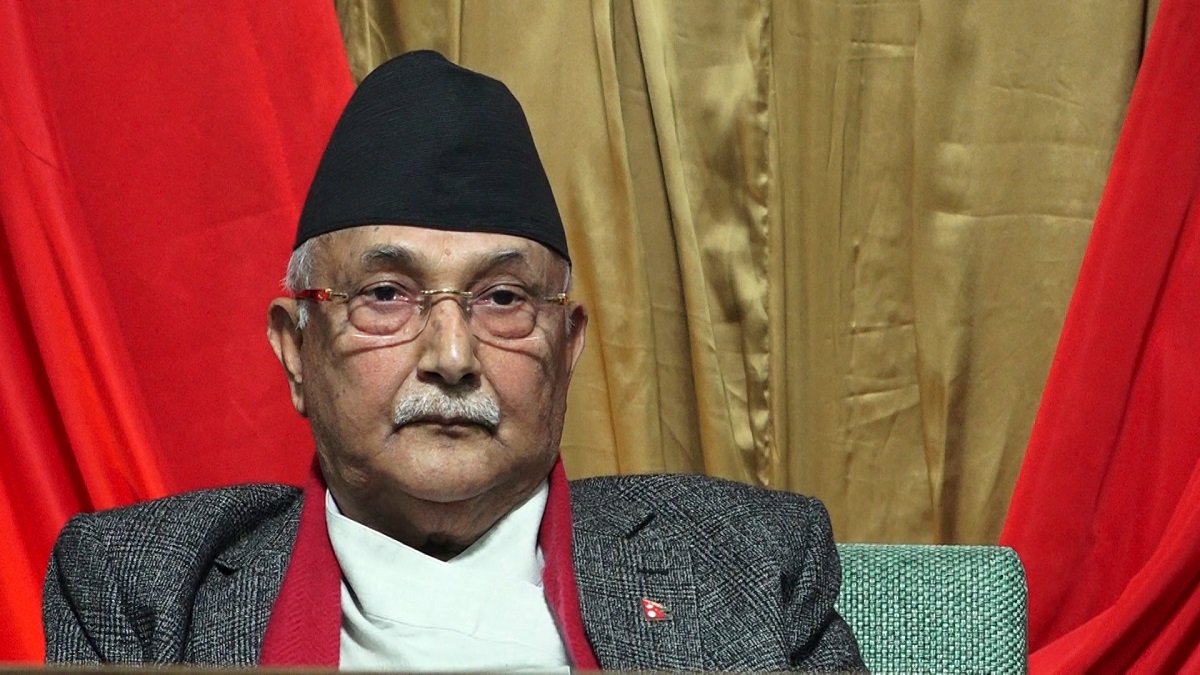
In the past, UML Chairman KP Sharma Oli, who formed the CPN by uniting UML and Maoists and became powerful in national politics by winning nearly two-thirds of the votes in the elections, tried to gain a grip on politics for a long time. However, his efforts could not last even five years.
After the dispute, the CPN split and became not only the UML and the Maoists, but the UML split again and formed a unified socialist. Oli’s desire to remain in power by dissolving parliament was also not fulfilled due to the Supreme Court’s order. Since then, Oli’s desire to lead the government has been fulfilled by this alliance.
As former President Bidya Devi Bhandari became more active in the party, Oli was under more pressure. On top of that, his name has also been mentioned in the Giribandhu land case. That is why Oli needed the leadership of the government anyway, which was only possible with the Congress alliance.
Deuba’s selfishness
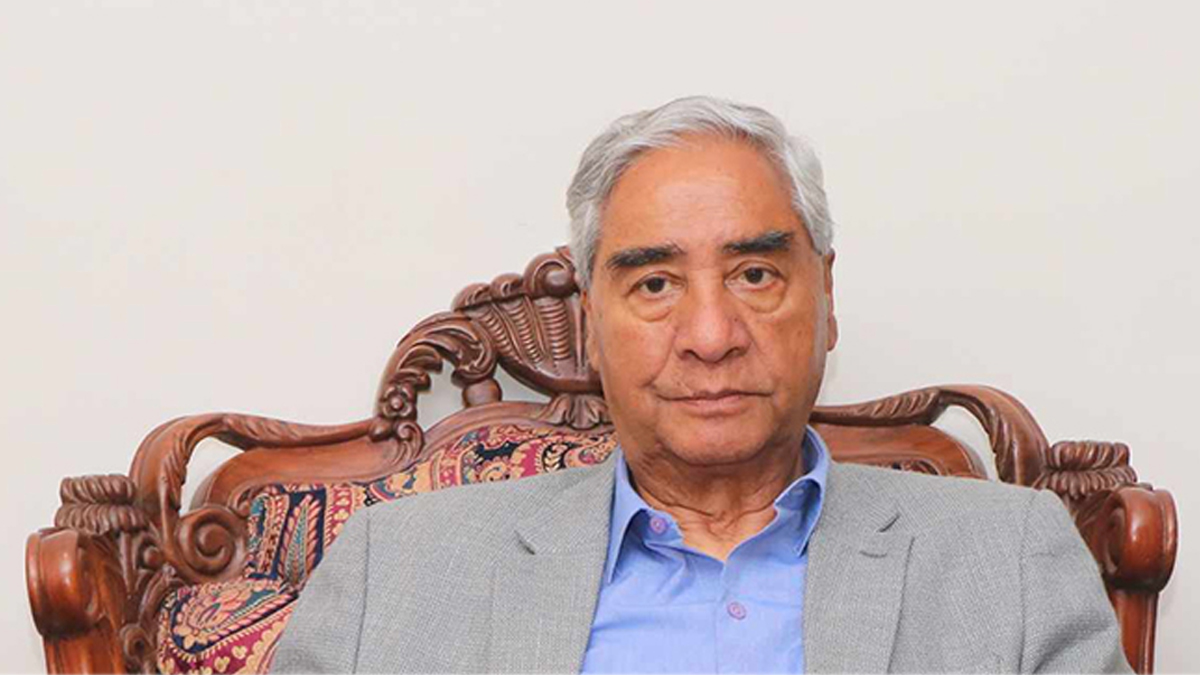
Nepali Congress President Deuba is slowly losing his grip on the party. Since he won’t be able to run as a candidate in the party’s 2082 convention, he aims to elevate his close allies to key positions, contingent on him retaining power.
In the next phase, if he becomes Prime Minister and manages to delay the convention, preparations for the 084 elections will also begin. This would allow Deuba to appoint ministers and distribute election tickets, thereby ensuring the election of his allies during the convention.
Recently, the Bhutanese refugee issue has become a thorn in Congress’s side. Despite using this issue as a political lever while in power, Deuba sought cooperation with the UML, causing friction within Congress leadership. Secret talks between UML and Congress leaders have been ongoing for a month, culminating in a tentative agreement.

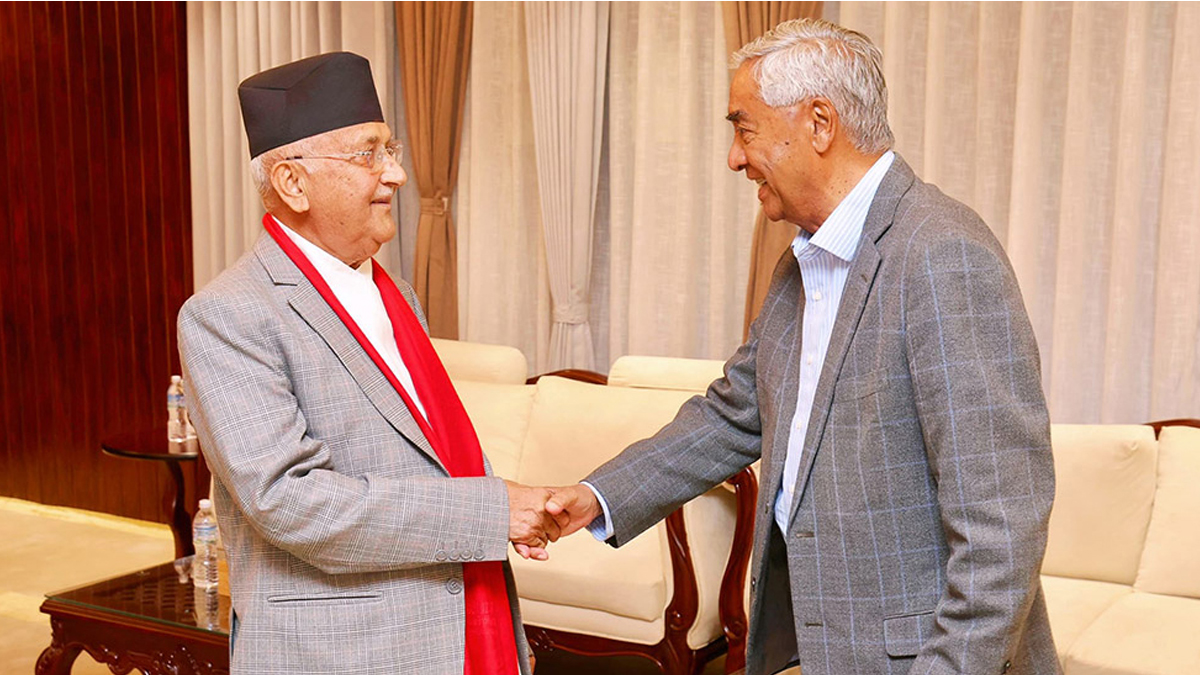






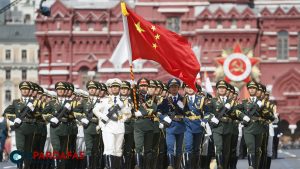
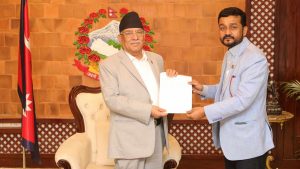
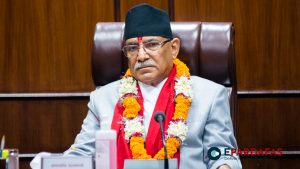

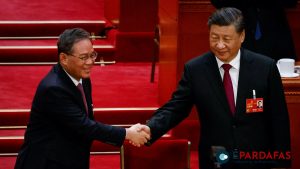
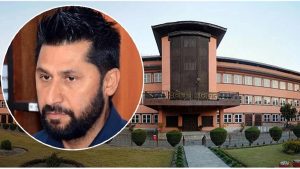



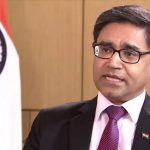


Comments